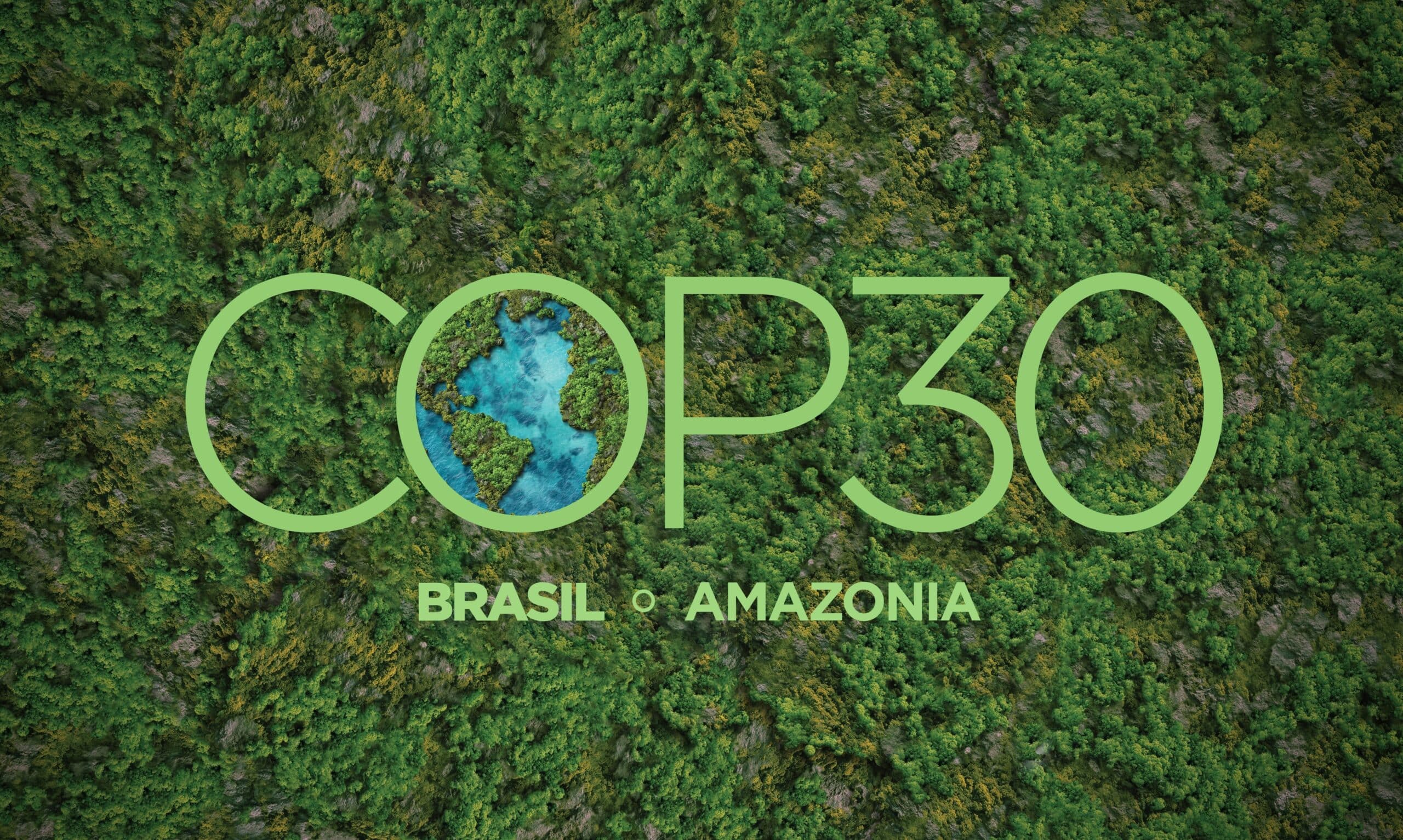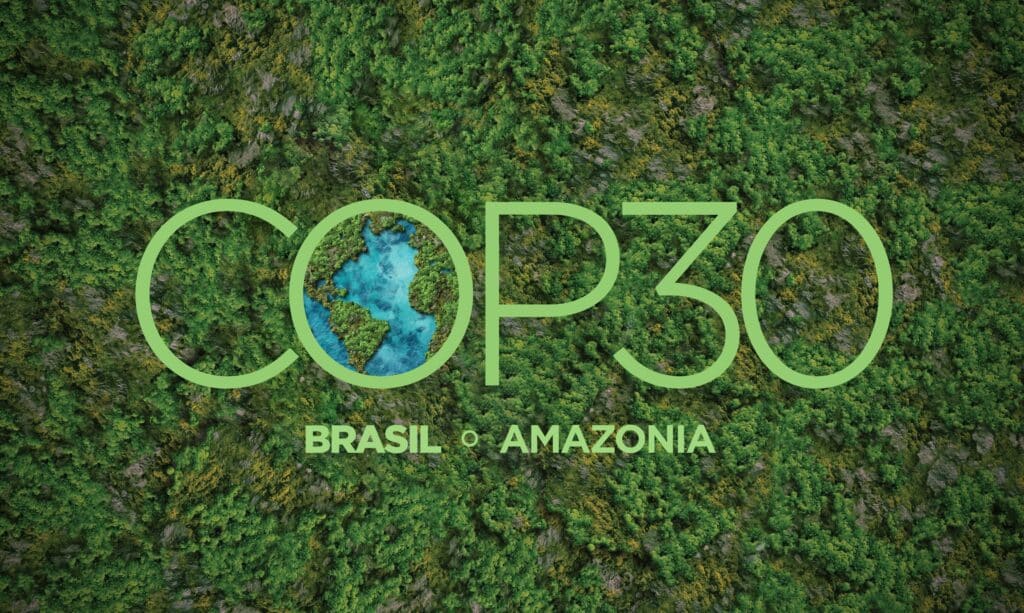Insights from COP30: what businesses need to know
GoodBlog | read time: 5 min
Published: 27 November 2025

COP30 was widely described as the “COP of implementation”, yet the conditions for driving real-world progress were far from ideal. With the US absent, China signalling little appetite for global climate leadership, and Europe facing its own political and economic constraints, expectations were inevitably limited. Even so, when it comes to implementation, negotiators did manage to make headway on the practical configuration of delivery; from rights and social protections to targeted finance commitments and clearer expectations on accountability.
For businesses, this shift towards implementation matters. The outcomes of COP30 underscore that scrutiny is moving steadily from ambition to evidence, with companies operating across complex, global value chains now being expected to demonstrate how climate, deforestation and human rights commitments translate into measurable action. The summit did not settle every question, but it reinforced the direction of travel: more traceability, clearer social safeguards and increasing pressure to show that transition plans hold up in practice. That is why understanding these developments and their practical implications is essential for organisations to navigate increasing risk, as well as opportunity.
Deforestation and the protection of human rights
A defining tension of COP30 was the challenge of ensuring that Indigenous rights and local communities were meaningfully represented in climate decision-making. While the summit welcomed a record 3,000 Indigenous leaders, the largest participation in COP history, many were still excluded from the formal negotiation “blue zone”, limiting their influence over the outcomes.
Despite these constraints, there were notable rights-based developments. The Just Transition Mechanism was agreed, placing workers, communities and Indigenous peoples at the centre of energy transitions and emphasising international cooperation, capacity-building and knowledge sharing. Forest protection also remained a core focus; Brazil launched its Tropical Forests Forever Fund, additional finance was mobilised for the Congo Basin and 10 new Indigenous territories in Brazil saw formal recognition. However, despite having support from over 90 counties, negotiators did not secure a global deforestation agreement, highlighting the ongoing complexity and risk in forest-related supply chains.
In our interview with Natalie Klepáčová from Cool Earth, she highlighted the operational implications for business. Forest loss destabilises commodity markets, disrupts supply chains and increases long-term strategic risk. Klepáčová emphasised that transactional approaches to engaging Indigenous communities are insufficient: lasting impact requires horizontal partnerships, co-creating solutions grounded in local knowledge and rights-based practices. Her insight illustrates a wider lesson from Belém: responsible business action on forests must be principled, practical and grounded in consent.
What this means for businesses
- Strengthen due diligence for forest-risk commodities, including supplier verification and plot-level traceability.
- Build partnerships with Indigenous and local communities that prioritise co-design, meaningful consultation and respect for rights, including the principles of free, prior and informed consent.
- Prepare for closer regulatory and investor scrutiny of forest exposure and remediation plans.
How investors and private equity are shaping environmental and social action
COP30 placed a spotlight on the mobilisation of private capital for climate‑aligned investments. Institutional investors, development banks and other financial actors explored how to channel funds toward measurable environmental and social outcomes, placing greater emphasis on transparency and accountability in reporting. Investor commentary, ahead of and during the summit, made it clear that companies should not only set climate targets, but demonstrate progress in environmental and social terms.
Moustapha Kamal Gueye, Director of the Priority Action Programme at the ILO, reflected on how this translates into practice. He noted that investors are recognising that integrating environmental objectives can deliver strong financial returns, and that social considerations are becoming increasingly important. Companies are expected to earn a genuine social licence to operate, connecting environmental action with positive social outcomes. Research supports the financial dimension of this shift: Boston Consulting Group found that privately held companies with decarbonisation strategies tend to reduce emissions faster and report stronger EBITDA growth than their listed counterparts, reflecting the benefits of longer-term investment horizons.
What this means for businesses
- Strengthen governance, data quality and reporting so that investors can assess performance
- Show how environmental actions link to social outcomes, helping stakeholders understand the broader impacts of decisions and strengthening the credibility of your sustainability commitments.
- Embed sustainability priorities into core strategy so that risk management, investment decisions and long-term value creation are supported by systems that can be evidenced in practice.
Artificial intelligence and the need for responsible governance
As stated by our on-the-ground correspondent, Nour Ghantous, COP30 was abuzz with one term in particular – AI. Discussions surrounding AI featured prominently at COP30 as both an opportunity and a risk. Initiatives launched at the summit, including the AI Climate Institute and the Green Digital Action Hub, aim to help countries and organisations use AI for climate solutions and capacity building.
At the same time, COP30 highlighted concerns about AI’s environmental footprint. The rapid expansion of data centres and the training of AI models have real energy and water implications, and several sessions stressed the need for guardrails so that AI supports, rather than undermines, climate goals.
Genevieve Leveille of AgriLedger told Nour that responsible AI begins with clarity of purpose. Companies should identify specific problems before deploying AI, evidence the environmental trade-offs and ensure governance and validation processes are in place so AI outputs are reliable and proportionate to their impact.
What this means for businesses
- Adopt a purpose driven approach to the adoption of AI, ensuring each deployment has a defined ambition and solves a clear problem rather than defaulting to technology for its own sake.
- Where possible, assess the environmental footprint of AI systems being deployed, including their energy and water use, so that the benefits of the tool can be weighed against its potential environmental impacts.
- Organisations should establish appropriate governance for AI systems that influence decisions affecting people or the environment, to ensure that risks are adequately considered.
Key takeaways
COP30 will not be remembered for sweeping new rules, but it did provide a certain level of clarification for businesses on the direction of travel. The emphasis on implementation reflects a broader shift in global expectations: companies are now judged less on what they commit to and more on what they can credibly demonstrate. For businesses, this means navigating an environment where scrutiny is rising, data must withstand challenge and delivery needs to be grounded in accountable systems rather than high-level ambition.
The most effective response is not a checklist, but a focus on the underlying structures that enable organisations to act consistently and transparently. This includes strengthening traceability across supply chains, ensuring that climate and human rights strategies reinforce one another rather than progress in isolation and improving governance so board oversight connects strategic commitments with on-the-ground realities. It also requires a considered approach to technology, particularly AI, using it to enhance resilience and monitoring without creating new ethical or operational risks.
None of these areas offer quick wins; they demand sustained investment, credible evidence and engagement with affected stakeholders. Yet the organisations that take this approach will be better prepared for the next phase of regulatory, investor and societal expectations. COP30’s outcomes signal that delivery is now the core benchmark, and businesses that align their systems accordingly will be best placed to demonstrate real progress in the years ahead.
Whether you are strengthening human rights-based approaches, navigating responsible AI or improving environmental performance, GoodCorporation provides practical, evidence-based support. Speak with our team to understand how we can help you embed these priorities into day-to-day operations.
work with us
